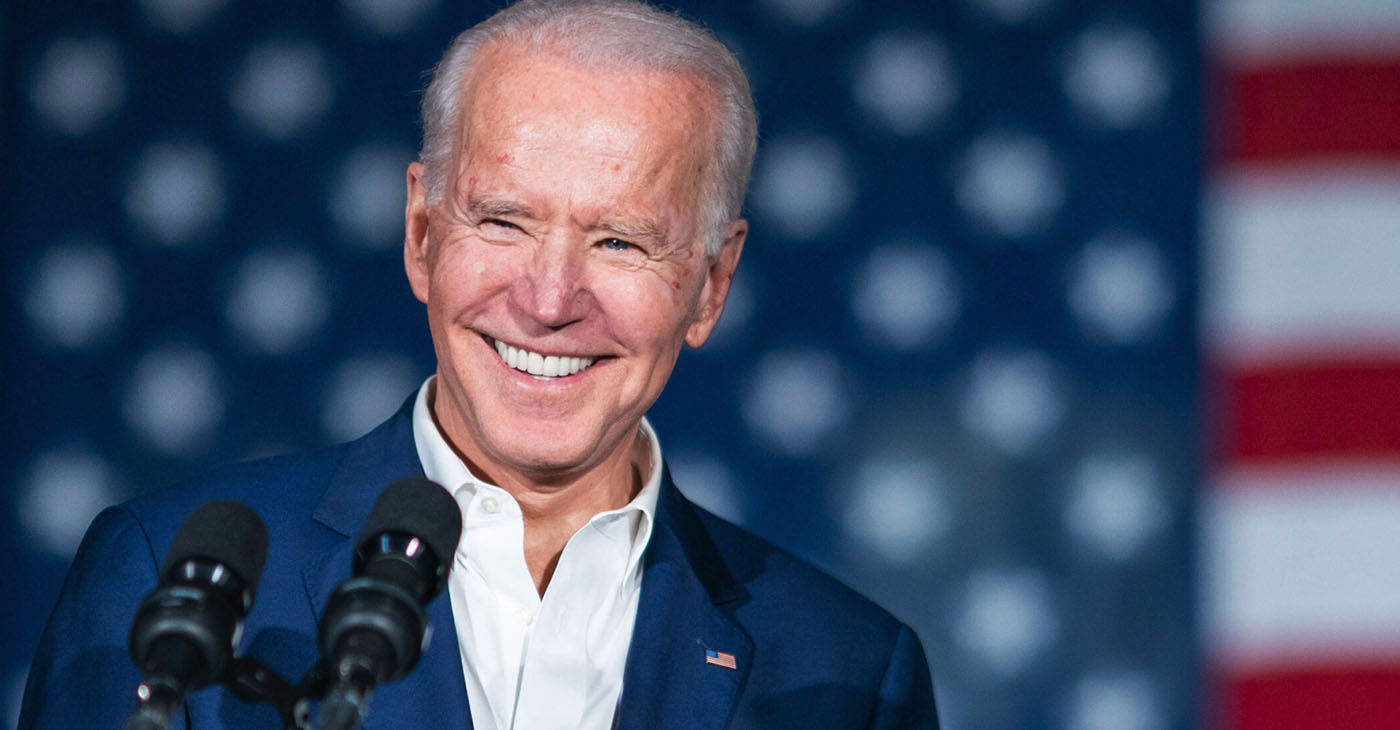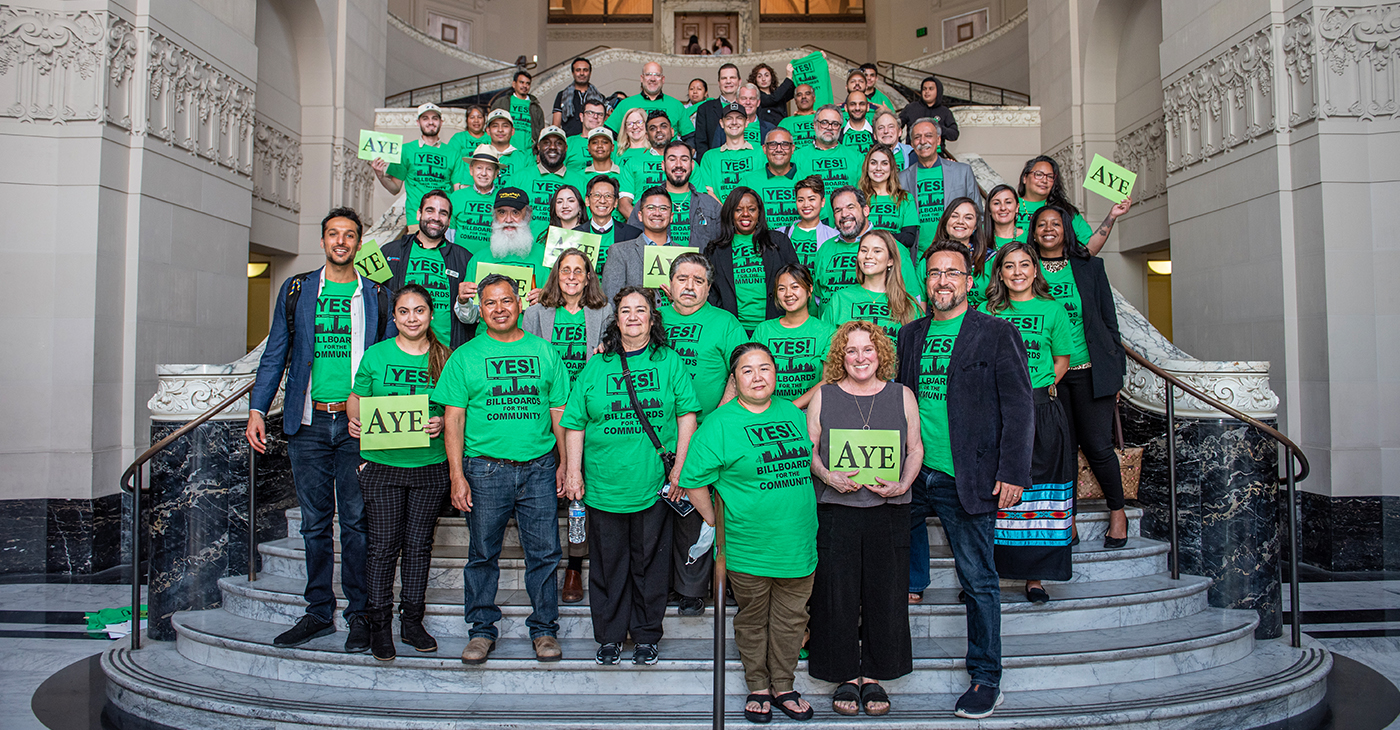Activism
Biden Announces Federal Action on Marijuana Reform
Currently, marijuana is considered a Schedule 1 drug, grouping it in the same category as heroin and Ecstasy. A review could result in the drug being rescheduled to a lesser category or de-scheduled entirely, the latter of which would likely allow states to legalize marijuana without conflicting with federal law.

By Brandon Patterson
President Joe Biden recently announced major federal action on marijuana reform, declaring that he was initiating pardons for all federal convictions for simple possession of marijuana and urging governors to do the same at the state level. He also announced that his administration would review how marijuana is classified under federal law.
Currently, marijuana is considered a Schedule 1 drug, grouping it in the same category as heroin and Ecstasy. A review could result in the drug being rescheduled to a lesser category or de-scheduled entirely, the latter of which would likely allow states to legalize marijuana without conflicting with federal law.
The pardons, once finalized, would erase records for everyone convicted of simple possession at the federal level since it was banned in the 1970s. This would include around 6,500 people convicted between 1992 – the earliest year for which the federal government provided data, according to the New York Times – as well as thousands more in Wash., D.C., which operates under federal drug laws.
There are no people currently serving sentences in federal prison for simple possession, the administration said, but the pardons will eliminate a major hurdle for many formerly incarcerated individuals in finding employment and housing and accessing education and other government aid.
“Sending people to prison for possessing marijuana has upended too many lives and incarcerated people for conduct that many states no longer prohibit,” Biden said in a written statement. “Criminal records for marijuana possession have also imposed needless barriers to employment, housing, and educational opportunities.”
He continued: “It’s time that we right these wrongs.”
The actions mark an evolution for Biden on drug policy. Numerous policies that Biden advocated during his time as a senator, including the infamous 1994 crime bill, are considered to have laid the foundation for mass incarceration.
Vice President Kamala Harris has also been critiqued for her role in incarcerating people for petty drug offenses as attorney general for California.
Today, the federal government mainly prosecutes traffic offenses related to marijuana, not simple possession. Those charges are almost exclusively prosecuted at the state and local levels.
So, it’s important that the president is “using his bully pulpit” to “signal a new direction in the war on drugs” to the states, said Inimai Chettiar, federal director of the Justice Action Network, according to KQED.
Many California cities are already ahead on this front. For example, chief prosecutors in San Francisco and Los Angeles have moved to expunge thousands of convictions for marijuana convictions in recent years.
Marijuana is already fully legal in about 20 states.
Congresswoman Barbara Lee, Co-Chair of the Congressional Cannabis Caucus, praised the decision by the Biden administration.
“I commend the Biden Administration for taking this huge step toward commonsense cannabis policy,” Lee said in a written statement on her website. “The war on drugs has ruined countless lives. Ending it is long overdue.”
Activism
Oakland Post: Week of July 24 – 30, 2024
The printed Weekly Edition of the Oakland Post: Week of July 24 – 30, 2024

To enlarge your view of this issue, use the slider, magnifying glass icon or full page icon in the lower right corner of the browser window. ![]()
Activism
Oakland Post: Week of July 17 -23, 2024
The printed Weekly Edition of the Oakland Post: Week of July 17 -23, 2024

To enlarge your view of this issue, use the slider, magnifying glass icon or full page icon in the lower right corner of the browser window. ![]()
Activism
Community Celebrates Historic Oakland Billboard Agreements
We, the Oakland Billboard Economic Development Coalition, which includes Oakland’s six leading community health clinics, all ethnic chambers of commerce, and top community-based economic development organizations – celebrate the historic billboard agreements approved last year by the Oakland City Council. We have fought for this opportunity against the billboard monopoly, against Clear Channel, for five years. The agreements approved by Council set the bar for community benefits – nearly $70 Million over their lifetime, more than 23 times the total paid by all previous Clear Channel relocation agreements in Oakland combined.

Grand Jury Report Incorrect – Council & Community Benefit
We, the Oakland Billboard Economic Development Coalition, which includes Oakland’s six leading community health clinics, all ethnic chambers of commerce, and top community-based economic development organizations – celebrate the historic billboard agreements approved last year by the Oakland City Council. We have fought for this opportunity against the billboard monopoly, against Clear Channel, for five years. The agreements approved by Council set the bar for community benefits – nearly $70 Million over their lifetime, more than 23 times the total paid by all previous Clear Channel relocation agreements in Oakland combined.
Unfortunately, a recent flawed Grand Jury report got it wrong, so we feel compelled to correct the record:
- Regarding the claim that the decision was made hastily, the report itself belies that claim. The process was five years in the making, with two and a half years from the first City Council hearing to the final vote. Along the way, as the report describes, there were multiple Planning Commission hearings, public stakeholder outreach meetings, a Council Committee meeting, and then a vote by the full Council. Not only was this not hasty, it had far more scrutiny than any of the previous relocation agreements approved by the City with Clear Channel, all of which provide 1/23 of the benefits of the Becker/OFI agreements approved by the Council.
- More importantly, the agreements will actually bring millions to the City and community, nearly $70M to be exact, 23 times the previous Clear Channel relocation agreements combined. They certainly will not cost the city money, especially since nothing would have been on the table at all if our Coalition had not been fighting for it. Right before the decisive City Council Committee hearing, in the final weeks before the full Council vote, there was a hastily submitted last-minute “proposal” by Clear Channel that was debunked as based on non-legal and non-economically viable sites, and relying entirely on the endorsement of a consultant that boasts Clear Channel as their biggest client and whose decisions map to Clear Channel’s monopolistic interests all over the country. Some City staff believed these unrealistic numbers based on false premises, and, since they only interviewed City staff, the Grand Jury report reiterated this misinformation, but it was just part of Clear Channel’s tried and true monopolistic practices of seeking to derail agreements that actually set the new standard for billboard community benefits. Furthermore, our proposals are not mutually exclusive – if Clear Channel’s proposal was real, why had they not brought it forward previously? Why have they not brought it forward since? Because it was not a real proposal – it was nothing but smoke and mirrors, as the Clear Channel’s former Vice President stated publicly at Council.
Speaking on behalf of the community health clinics that are the primary beneficiaries of the billboard funding, La Clinica de la Raza CEO Jane Garcia, states: “In this case, the City Council did the right thing – listening to the community that fought for five years to create this opportunity that is offering the City and community more than twenty times what previous billboard relocation agreements have offered.”
Oakland Billboard Economic Development Coalition
| Native American Health Center | La Clínica de la Raza | West Oakland Health Center |
| Asian Health Services | Oakland LGBTQ Center | Roots Community Health Center |
| The Unity Council | Black Cultural Zone | Visit Oakland |
| Oakland African American Chamber of Commerce | Oakland Chinatown Chamber of Commerce | Oakland Vietnamese Chamber of Commerce |
| Oakland Latino Chamber of Commerce | Building Trades of Alameda County | (partial list) |
-

 Arts and Culture3 weeks ago
Arts and Culture3 weeks agoRooted in Tradition: The Intricate History of Black Hair Braiding
-

 Bay Area4 weeks ago
Bay Area4 weeks ago“I Will Not Be Bullied,” Says Oakland Mayor Sheng Thao
-

 Bay Area2 weeks ago
Bay Area2 weeks agoPG&E Increases Rates While Bay Area Households Are Struggling to Stay Afloat
-

 Business3 weeks ago
Business3 weeks agoGov Newsom: Raising Fast Food Minimum Wage to $20 Pays Off as Jobs Multiply in Industry
-

 Activism4 weeks ago
Activism4 weeks agoOpponents of Mayor Sheng Thao Are Calling on Her to Resign Following FBI Raid
-

 Community1 week ago
Community1 week agoHundreds Come to Jehovah’s Witnesses’ Assembly Hall for Three-Day Program of ‘Good News’ in Fremont
-

 Bay Area2 weeks ago
Bay Area2 weeks agoJuneteenth Mass Shooting Suspect Charge with Multiple Counts of Felony Assault by Alameda County DA Pamela Price
-

 Activism4 weeks ago
Activism4 weeks agoOakland Coliseum Sale to AASEG: A Model for Community Development and Inclusion

















































